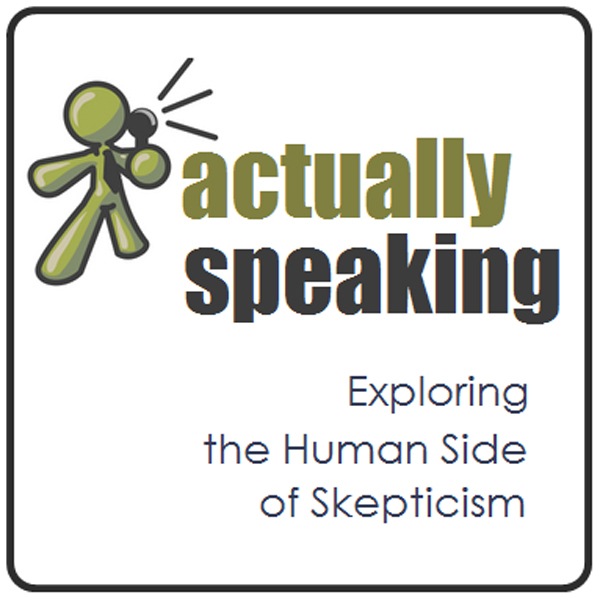Some thoughts.
I’ve been thinking a lot lately about suicide.
No, not me. I’m perfectly happy living my life until something else — preferably something quick and painless that occurs years and years from now — ends it.
It’s others.
Writing about Suicide
Here’s the situation.
I’m working on a memoir and one of the things that falls into the scope of the book is a suicide that touched my life in an unusual way. I need to write about it because it’s part of the story of that part of my life, but it’s difficult. The event was very dramatic to the point of being sensationalist. I don’t want to give readers the idea that what happened should be copied by any other sad sack who can’t cope. I want readers to understand the impact of this suicide on me and others. I want them to understand that what happened was wrong.
So I’ve been thinking about it, trying to come up with a way to write about it.
I know what I want to say: that suicide is for selfish cowards.
Strong words, but when you’ve seen what witnessing a suicide can do to people, you can’t help but recognize the selfishness of the person committing suicide. A suicide doesn’t think about the people who see him cut his life short, often by violent means. He doesn’t think about the people — perhaps even a spouse or child — who find him dead, often in a grizzly state. He doesn’t think about the effect his suicide has on others — emotionally, financially, socially. Not thinking about others is the definition of selfishness.
Coward is a little tougher. The suicide that touched my life was a troubled man with diagnosed psychological problems. He’d tried once before. He was off his meds. Maybe he wasn’t a coward. Maybe his head was so fucked up that he just didn’t know any better. I try to think of him that way. It makes it a little easier to bear.
But it doesn’t do anything for the resentment I feel about being dragged into his final act.
The Others
I was lucky. The artist who committed suicide in the apartment building I owned wasn’t discovered hanging from the light fixture by me. It was his ex-wife. And the police kindly cleaned up after they took away his body, leaving only the smell of disinfectant and his oil paints.
And that woman I rented an apartment to the following year? She killed herself before moving in. I had a heck of a time figuring out how to get her deposit back to someone.
Today
Today, I learned that a friend of mine from 20+ years ago committed suicide at work on Friday. We hadn’t seen each other in at least 20 years, but we kept in touch, on and off, on Facebook and Twitter. His Facebook picture shows him at a ball game, smiling up at the camera. He used to tweet about sports like it was a driving force in his life.
A mutual friend I spoke to today agreed that he was always cheerful and never seemed to be unhappy. Neither of us can figure out why he might have taken his own life. We’ll likely never know. We’re not close enough to the family to make contact and ask. So we’re left to wonder.
And I think about my choice of words to generalize all suicides: selfish coward.
And I hate to apply those words to my old friend.
But what else can I think? He did the deed at work — for Pete’s sake! — in the middle of a weekday. The company has brought in grief counsellors to deal with coworkers. He left behind a wife and four daughters. One of the girls was starting college this semester. Didn’t he think of all these people as he prepared to end it all? Couldn’t he imagine how they would feel? Didn’t he care?
And what could possibly be so bad that a 46-year-old man with a job and home and wife and family would kill himself over? Whatever it was, couldn’t he face it? Couldn’t he deal with it, with the support of his family and friends, to move past the difficulties and get on with his life?
Selfish coward. I hate to think of him that way.
Help Me Understand
I don’t want to think about suicide. I want to think about flying and eating cherries and doing a photo shoot at Lake Powell. I want to worry a little about my dog, who needs some surgery, and my sister, who moved back in with my Mom last November. I want to finish up this big pile of work on my desk so I can write some invoices and take a few days off. I want to look forward to my husband’s brief visit next week, which will be the first time I’ve seen him since May. I want to go out to eat something I’ve never eaten before.
I don’t want to think about how I can write about a suicide that touched me while thinking about the suicide of an old friend.
Can someone help me understand?
I don’t want pity. I just want to understand why it happens and how I can write about it without offending the real victims: the people left behind.

 Enter the
Enter the